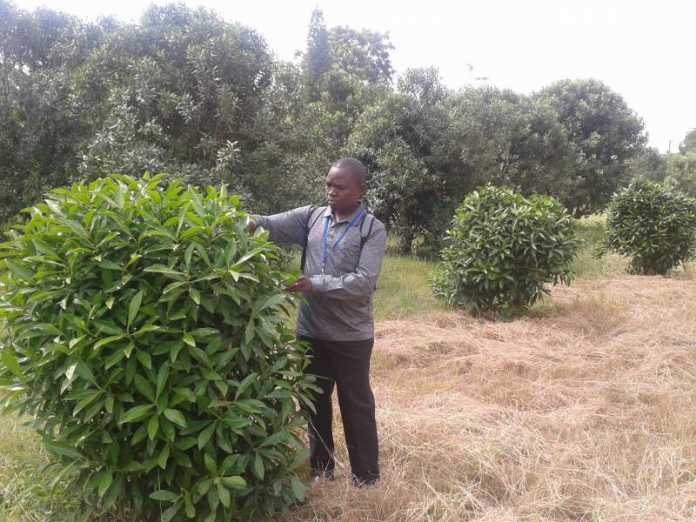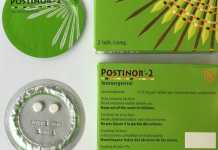All herbal products and food supplements coming to Kenya will now be inspected to ensure they are safe and of good quality.
The new rule will affect the multimillion-shilling market that remains largely unregulated, despite past attempts by the government to do so.
KEBS director Charles Ongwae said all the imports will have to be inspected at the country of origin and issued a Certificate of Conformity.
“This is in an effort to to protect the public against imported products that do not comply with local quality standards and technical regulations,” he said.
The new rule applies to all imported medical devices, food supplements, medical cosmetics, herbal products and all other products which fall under the mandate of the Poisons and Pharmacy Board (PPB).
The new rule takes effect on Friday. It is expected to affect Chinese herbal products that continue to flood the Kenyan market.
Enhanced sexual functions
Some of the products are purported to help people lose weight fast, enhance sexual functions, enlarge sexual organs and lighten skin.
Herbal supplements are not subjected to the same scientific scrutiny and are not as strictly regulated as medication.
Regulators also lack the power to force the sellers to prove how true the marketing claims are.
There is also no way to separate ‘nutritional’ claims, which are allowed, from medical claims, which are not.
For example, claiming that a product boosts the immune system is allowed, but saying that it cures cancer is not.
A recent study by Kenyatta University medicine lecturer Dr. Meshack Onyambu found that 75 per cent of unregistered herbal products are contaminated.
“Unregulated herbal medicinal products that are available in diverse Kenyan markets show poor microbial quality and exhibit contamination by pathogenic microorganisms,” he said in the 2013 study, Microbial Quality of Unregulated Herbal Medicinal Products in Kenya.
The new rule now allows the PPB to remove such dangerous products from the market. However, it still does not guarantee that herbal products will be safe, because many supplements contain active ingredients that trigger adverse reactions in the body, and could pose unexpected risks. The requirement that all imports to Kenya be issued with Certificates of Conformity started in 2015.
SOME GOODS ALREADY REGULATED
However, certain imports, including industrial inputs and goods, already regulated by other government agencies such as the the PPB, the Kenya Plant Health Inspectorate, the Pest Control and Products Board were exempted, until now.


























